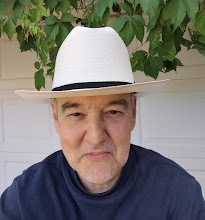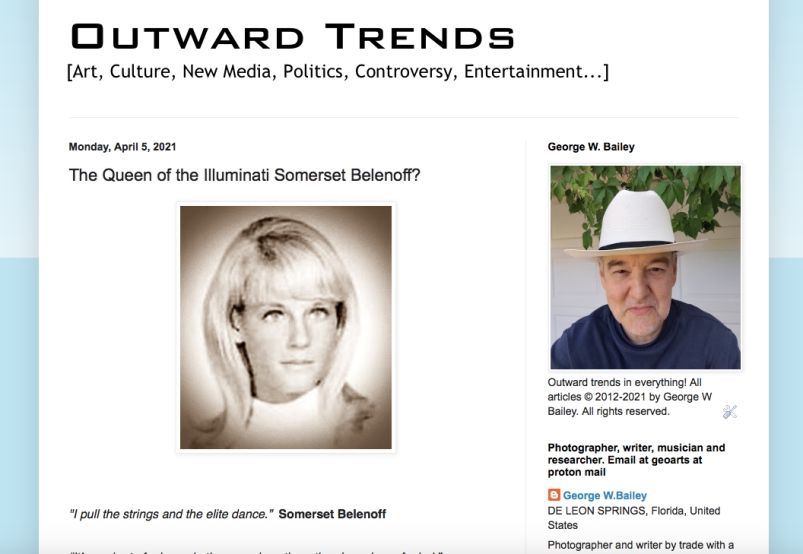Paperback: 880 pages
Publisher: Gallery Books; d edition (July 24, 2012)
ISBN-10: 1451627297
ISBN-13: 978-1451627299
It took me a few years to get around to Stephen King’s 11/22/63 novel on the Kennedy assassination because he had said one of his sources was Gerald Posner’s dreadful book, Case Closed. This book is so bad that conspiratorialist mugger Vincent Bugliosi took Posner to task for errors in Bugliosi’s equally dreadful book, Reclaiming History. I had heard early on that King was going to portray Oswald as the Lone Gunman. I was disappointed in this but judging from King’s reading on the subject (he lists what books he read in the novel’s Afterword), he clearly did not read very many conspiracy oriented books. No Six Seconds in Dallas, Rush to Judgement, Accessories to the Fact, or the excellent books published in the last fifteen years; no delving into the released files from the ARRB or for that matter, the Warren Commission’s 26 volumes. No mention of the Warren Report either. A pity.
King of course is a master of popular horror fiction though he has had success in other genres such as fantasy and non-supernatural novels and short stories. Despite being famous for unsatisfying endings, King no doubt writes compelling tales with believable characters. It matters little if some of his stories are far out, his major talent is for making them believable, such as Tolkien or Rowling do in their fantasy stories.
The lead character, Jake Epping, is shown a time travel portal from a dying hamburger joint owner who dreams of preventing the assassination of JFK, but fears not living long enough to survive the stay, since the portal always lands the visitor in 1958 and to prevent the assassination of JFK, one has to live in this bygone world till November 22, 1963 in order to get the job done.
King does a great job and presenting this time period. Quite a contrast compared to our world with our relatively advanced technology that makes some things easier, but in some instances can make life more complicated. Over fifty years ago, everything is cheaper. It’s easy to buy a gun–no background checks. People seem more friendly and trusting. Cars are made heavy-duty and have great, get-up-and-go, power under the hood with those magnificent V-8’s. Things taste better such as when Jake stops at a little shop for a root beer and King describes in glorious detail how full of flavor and satisfying a root beer used to taste before it was polluted with artificial flavoring. Oh, you poor people of the future! You lost some good stuff along the way.
The quest to disrupt the assassination is a long and convoluted one so it will not be covered here as it involves changing the lives of other characters. The way King describes certain figures and ignores others is of more interest. Obviously, as all fiction writer’s have to do, he has to simplify things and cut corners or else a story would grind to a halt. Think about it–in the Shire who were Frodo’s siblings? We are never told and it doesn’t matter anyway. If Tolkien got involved with those people Frodo would not have made it to Mount Doom. A conspiracy would complicate the narrative as much as multiple Oswald impersonators would have. So would having Guy Banister, David Ferrie, Ruth Paine and Clay Shaw show up for their cameos. George De Mohrenschildt makes an appearance as if he is Oswald’s only outside acquaintance. FBI agent James Hosty appears towards the end and that’s it with notable historical figures. Instead, King leaves the reader with Lee Oswald, his mother, his brother Robert, Marina and daughter June. It’s an odd cast lineup if one is familiar with the particulars of the assassination and its lore. On the other hand, I can see King not wanting to get bogged down as the JFK saga has an endless cast of regulars.
King wants the reader to hate Lee Oswald as much as he does. This Oswald is the Bugliosi caricature of the sniveling, wife beating, gutter rat that deserves his gut-shot from Jack Ruby’s .38. This is the loathsome little man that haunts the pages of Reclaiming History or Norman Mailer’s Oswald’s Tale, and the minds of most lone nut believers. King has one scene where Lee physically abuses Marina in public, out on the street, an event that never occurred that I know of. You want to despise a man who does such a thing. There are allegations of abuse but there are no other witnesses other than Marina. It could have happened, or could be part of the legend building that an unlucky deadman cannot refute.
A pity that King did not chose to explore conspiracy in his story. He could have had Jake Epping get involved in a plot so he could screw it up in some way to prevent the assassination. Instead, his hero races up the stairs to the sixth floor to confront Oswald, a surprised lone gunman with a junky rifle in hand. But what if there is a conspiracy and hence other shooters? Stopping Oswald settles nothing and Kennedy’s handsome head remains in danger. But of course, there are no other shooters in this alternate reality version of the story, which in a way, does not many any sense. There is always a path clear for another shooter from wherever, take your pick. Grassy knoll or the Dal-Tex building. Maybe Roscoe White with his long barreled pistol in the parking lot. Or find a new spot.
Ultimately, King decides changing the past has repercussions for the future and not good ones at that. So ultimately, preventing JFK’s death is a not a good thing at all, casting a darker future for everybody. Not exactly a new idea but that is the way King chose to play it. Let Johnny take his bullets so a confluence of events does not overwhelm us, bringing on the apocalypse. Under that view, time and its marked events are like pearls on a string, take one out and you muck up the rest down the line. Nobody can ever know for sure what changing past events can portend for the future, not at least, until somebody does it. We do get a glimpse of it in quantum mechanics where the observer can change the outcome of an experiment simply by observing. If only one could do that on a grander scale.
Too bad Stephen King could not have made a better go of the Kennedy assassination in 11/22/63. Away from that, an enjoyable read especially the parts involving the 1950’s when our big talk, our big cars, our big guns, and our big balls set the world’s agenda. Now we are just Romans in sad decline dreaming of greater days, awash in failed leadership and greedy partakers that have taken the largest pieces of the pie for themselves.
I really long for a mug of that 1958 root beer though.






